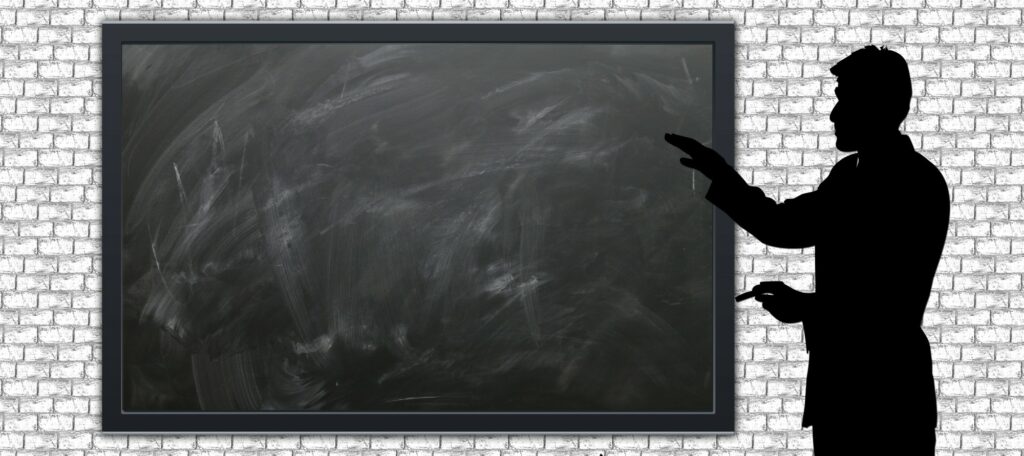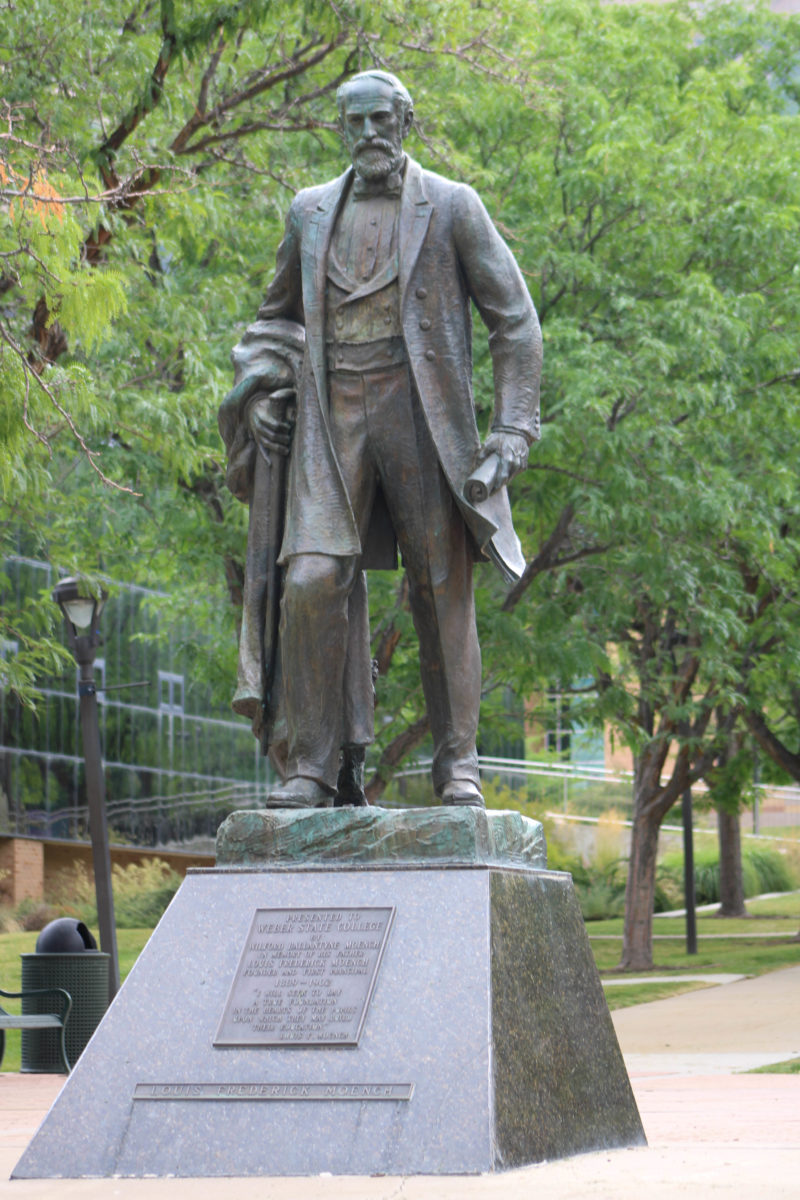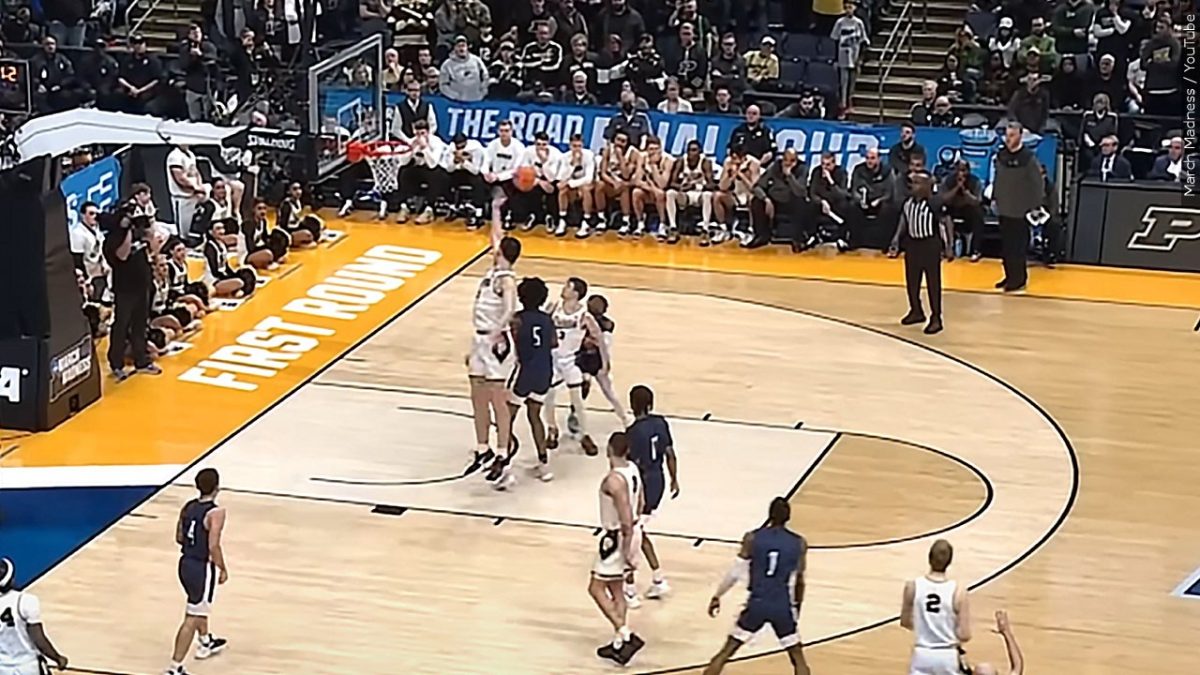
We’ve all felt that pit in our stomach, the sweaty palms, the racing thoughts — a deep uneasiness when an authority figure contradicts our personal values. And despite the physical manifestations of our discomfort, we fear challenging those who have power over us.
The media has a large sway over public opinion, and celebrities are very open about their opinions. Should professors be granted the same allowances that we give to actors or singers simply because they are in positions of authority?
I was seventeen when my sociology teacher led a discussion that left me questioning whether or not I had the ability to defend my beliefs without harming my grade or suffering embarrassment.
When I entered college, I found that many professors freely expressed their unfiltered opinions, almost oblivious to the diverse values found in their classroom. I wondered about the ethics of professors who preached opinions as fact.
There is a fine line that distinguishes teaching from indoctrination, and, increasingly, that line is being blurred by university professors. While opinions expose students to new beliefs and perspectives, replacing educational material with one’s own point of view does not constitute teaching.
Michael Wente, an English education major and French minor, said that professors expressing their opinions in class is a “great context for students to learn things they would not otherwise be exposed to.” Wente also said that it is better for students to hear new opinions from professors in an educational setting, as opposed to the media or internet.
Professors expressing opinions can aid classroom discussion, however, their opinions should not “take away from the subject being taught,” said Aurora Olson, who is also majoring in English education. “Math teachers should not talk about abortion.”
It’s true — educated and experienced professors can offer valuable opinions based on critical thinking and real world advice that enhance their students’ educational experiences. This contrasts to the tweets and posts that come from entertainment figures or celebrities who just share their opinions without any credentials other than fame.
The problem with opinions in a university, however, occurs with the creation of a sense of classroom censorship.
Students are vulnerable. They pay large sums of money to attend universities and rely on their grades to earn job opportunities or acceptance into master’s programs post-graduation. Grades are determined by professors, and what student can risk a poor GPA for disagreeing with one of his or her professors?
With the recent frenzy surrounding the election of President Donald Trump, our nation was buzzing with opinion, and universities were the forefront for political activism. In the classes I attended after the election, professors and students spent significant amounts of time discussing it; however, the discussions felt less conversational and more like professor-led rants against Trump.
Not voting for either party, I felt no inclination toward the candidates. However, as I sat in class, I noticed that the students who agreed with the professor vocalized their often-extreme opinions, while a portion of the class remained absolutely silent, too afraid or too embarrassed to admit that they had voted for Trump, as their classmates and professor berated Trump’s supporters.
Universities are institutions where all voices should be heard. Opinions of professors, students and faculty should be welcomed, unless one voice silences another.














